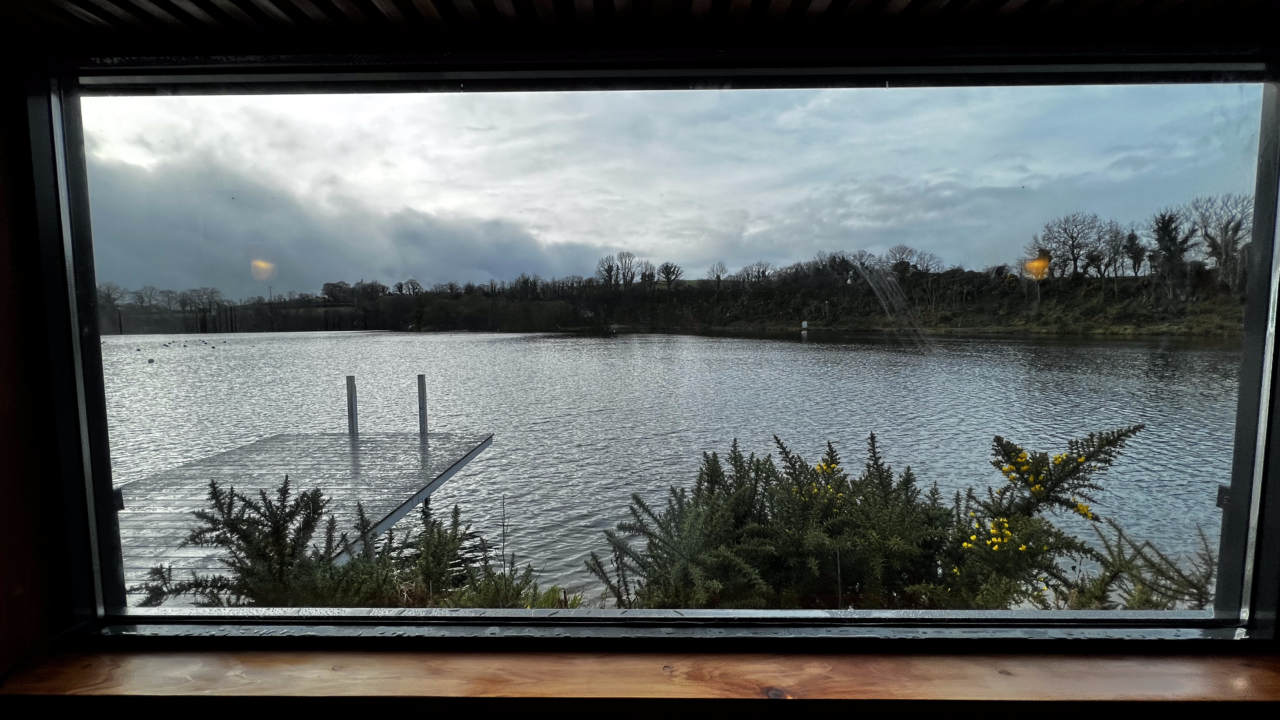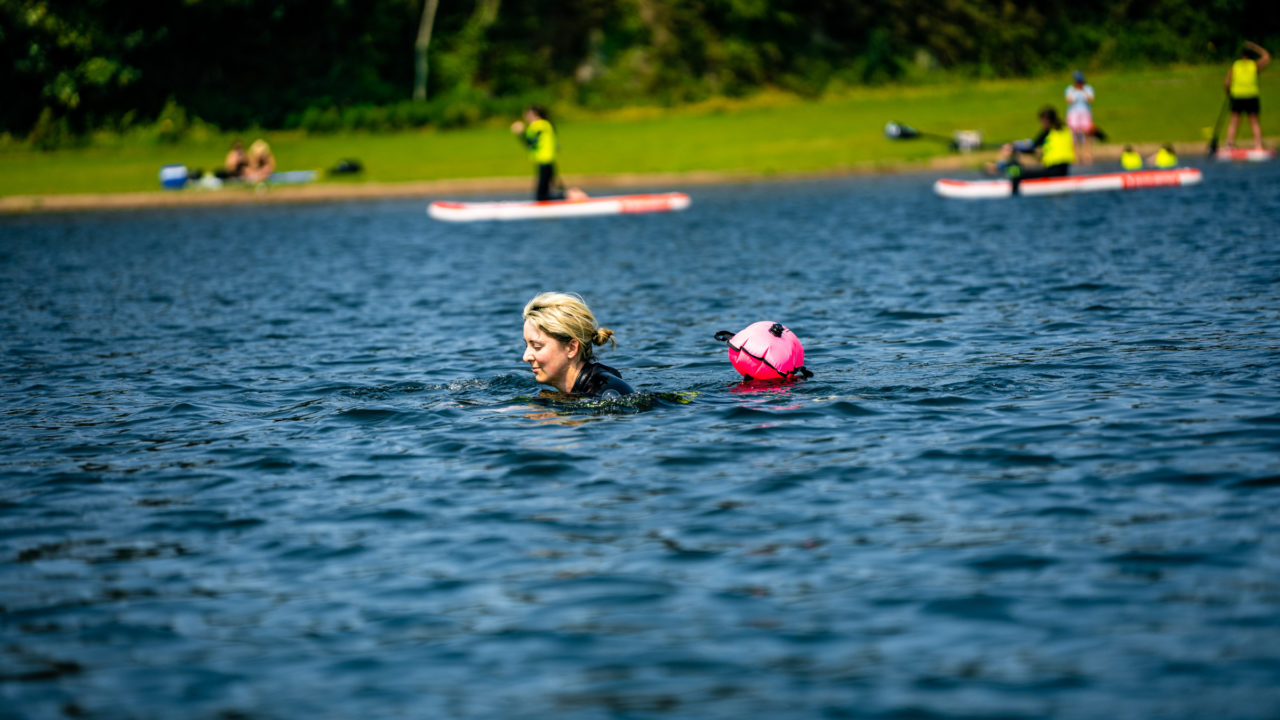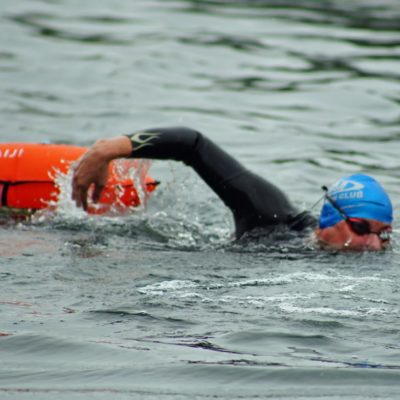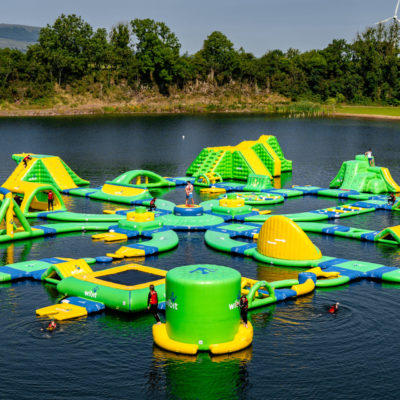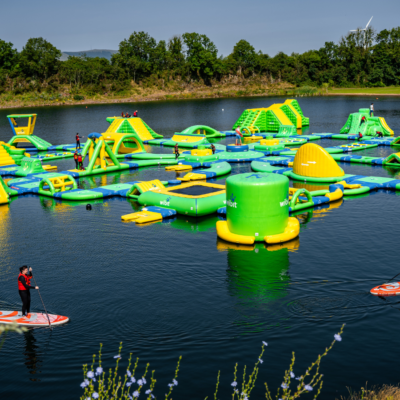The Science of Cold Water Shock
11th January 2024
In a world dominated by hectic schedules and a need to be busy, the age-old practice of cold water immersion has emerged as a beacon of holistic wellness. Imagine standing at the edge of a frosty lake or plunging into the bracing waters of the sea – that initial shock not only invigorates the body but, as we’ll uncover, triggers a cascade of physiological and psychological responses. In this exploration, we’ll take a deep dive into the intricate science of cold water shock, uncovering its multi-faceted benefits on mood, resilience, and overall well-being.
The Chemistry of Happiness: Endorphins Unleashed
Let’s begin our journey with endorphins, the heralds of happiness within our bodies. When cold water meets skin, a mild stress response is triggered. Contrary to the usual negative connotations of stress, this response initiates the release of endorphins, colloquially known as ‘feel-good chemicals.’ Endorphins act as natural painkillers and mood enhancers, creating a euphoric state that counteracts stress and cultivates a sense of joy and contentment.
The accessibility of this biochemical boost through a cold water dip offers a simple and natural remedy for the pervasive stress of modern life. As we understand the science behind endorphin release, we find that cold water immersion becomes more than just a refreshing swim – it’s a physiological elixir for the mind.
The Dance of Nerves: Parasympathetic Nervous System Activation
In the symphony of our nervous system, the parasympathetic branch takes the lead during cold water immersion. Often overshadowed by its dynamic counterpart, the sympathetic nervous system, the parasympathetic system is the calm conductor that promotes relaxation. The shock of cold water acts as a switch, transitioning the body from the heightened alertness of the sympathetic system to a state of tranquility orchestrated by the parasympathetic system.
Understanding this dance of nerves provides insight into why cold water immersion is not merely a physical experience; it is a holistic embrace of the body’s innate mechanisms for stress reduction. As we navigate the waters, both metaphorically and literally, the parasympathetic nervous system becomes a therapeutic guide to a calmer state of mind.
Blood Flow Ballet: Constriction and Expansion
The body’s response to cold water immersion unveils a captivating ballet within our circulatory system. Picture this: as you immerse yourself, blood vessels constrict, directing blood flow towards vital organs to maintain core temperature – a phenomenon known as vasoconstriction. Then, as you emerge and warm up, the vessels gracefully dilate, a process called vasodilation.
This rhythmic dance of constriction and expansion enhances blood circulation, ensuring a more efficient delivery of oxygen and nutrients throughout the body. Beyond the immediate sensation of warmth returning to your extremities, this improved blood flow contributes to cognitive function, overall vitality, and a heightened sense of well-being.
Stress as a Personal Trainer: Building Resilience
Consider cold water immersion as a workout for your stress response system. The controlled stressor of cold water becomes a personal trainer for your body and mind. While stress is typically viewed as an adversary, subjecting the body to manageable stressors, like the brief shock of cold water, can foster resilience.
It’s an adaptation mechanism – a way for the body to learn to handle stress more effectively. The regular practice of cold water immersion becomes a training ground, preparing your body to say, “I can handle this” in the face of life’s inevitable challenges. This mental and emotional resilience is a profound outcome of the seemingly simple act of immersing oneself in cold water.
Brain Freeze: The Neurobiology of Cold Water
Delving into the neurobiology of cold water immersion, we find the brain orchestrating a symphony of responses. The cold receptors on our skin send urgent messages to the brain, prompting the release of noradrenaline – a neurotransmitter associated with heightened alertness and focus.
This neurobiological aspect provides a scientific explanation for the mental clarity often experienced after a cold swim. It’s not just the shock or the adrenaline rush; it’s a finely tuned response of the brain to the cold stimulus, offering a natural remedy for mental fog and lethargy.
Anti-Inflammatory Splash: Cold Water and Inflammation Reduction
Chronic inflammation, often implicated in various health issues, finds an unexpected adversary in cold water immersion. The practice has been shown to have anti-inflammatory effects, potentially contributing to a reduction in inflammation levels within the body.
While the physical benefits are evident, the implications for mental well-being are equally significant. A body under less chronic inflammation may translate to a mind with a lighter burden, potentially fostering a positive impact on mood and emotional health.
Nature's Embrace: The Psychological Side of Cold Water
Beyond the physiological responses lies a psychological aspect that connects us with nature in a profound way. Cold water immersion, often performed in natural settings, is an immersive experience that transcends the boundaries of a traditional swim. It’s a moment of connection with the raw, elemental forces of nature.
The psychological impact of this connection is substantial. Awe and respect for the environment contribute to a mental reset, cultivating a deep sense of gratitude and peace. As we immerse ourselves in the waters, we become part of something larger, and in that union, find solace and rejuvenation.
The Cold Water Symphony


